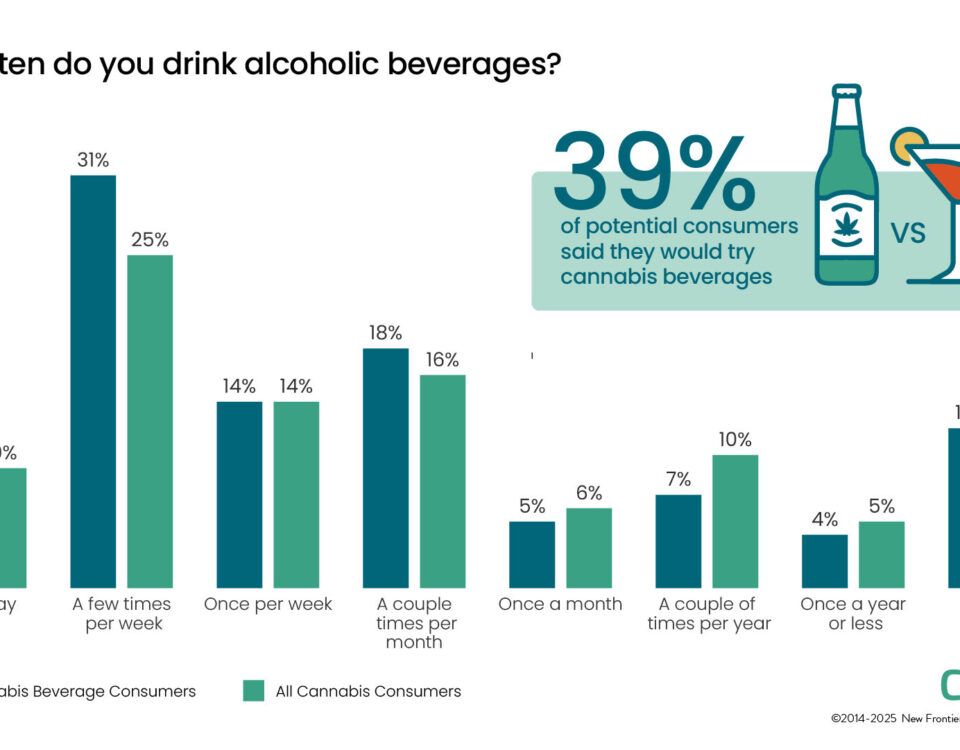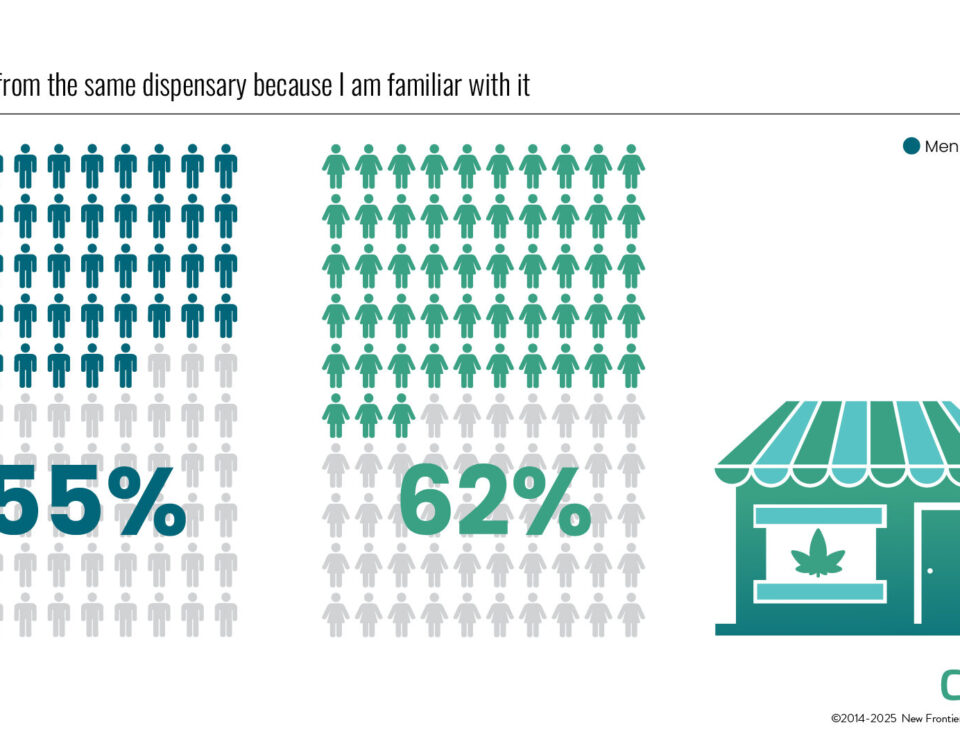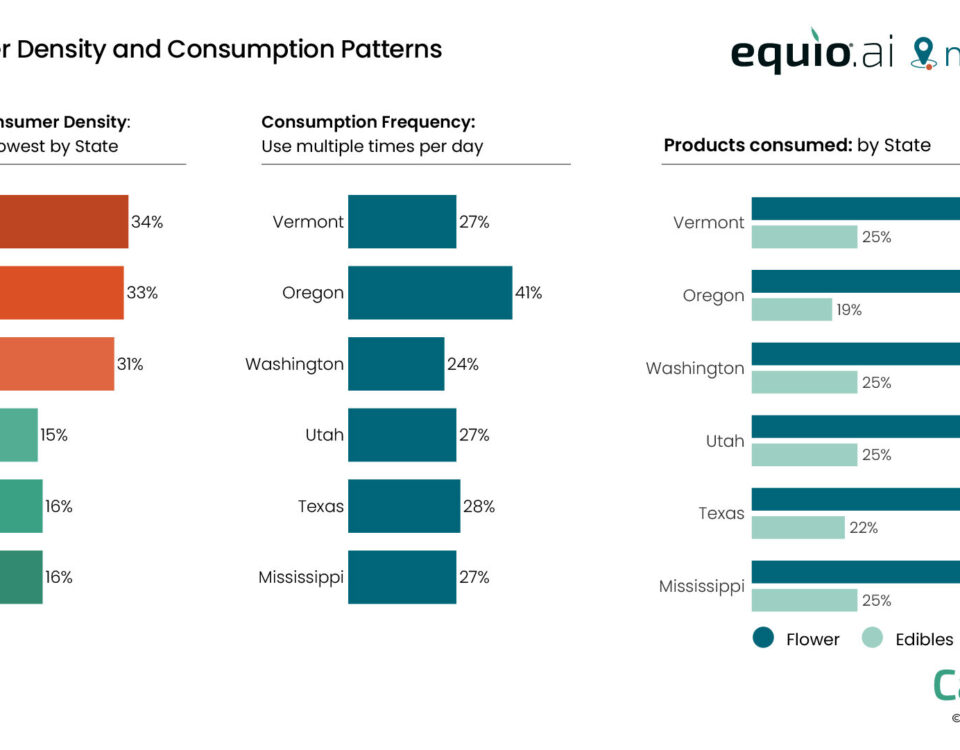How Maryland Perfectly Demonstrates Why Cannabis Is A Historically Unique Industry

Hemp’s Potential to Revitalize West Virginia Economy
August 7, 2016
DEA Announcement to Deny Rescheduling of Cannabis Not Surprising
August 11, 2016
By Mitch Baruchowitz
Ten days from now, Maryland will take steps towards the official launch of its cannabis industry, which most observers believe is a significant event in the evolution of cannabis. Maryland has two things not often found in the current state regulatory matrix: i) a broad medically-focused law that will ensure that most patients who can medically benefit from cannabis-based medicines have access to use it, and ii) a strict regulatory scheme that closely monitors every aspect of cultivating, processing and dispensing the medicine. The opportunity Maryland’s law affords is evidenced by the sheer number of applicants for 15 coveted licenses to cultivate. Having spoken to many of the applicants in the state, I think it is worth exploring what Maryland, says about the current state of cannabis as a guide for appreciating the sweet spot cannabis has been in and should be in for several more years at the least, and how investors can benefit from recognizing the historical uniqueness of this industry.
As has happened in fast emerging sectors before it, cannabis investors, entrepreneurs and industry participants seek to identify analogs that foretell how the evolution of the industry will occur so they can maximize their efforts. I have often heard how it is similar to the beginning of the internet in the 1990s and even casino licensing has made an appearance as an industry drawing comparison. But it is the comparison to the passage of the 21st Amendment, thereby ending alcohol Prohibition, that is so prevalent it’s become a cliche. I think it can be very instructive to explore the likening of the legal status of cannabis to the end of alcohol Prohibition to recognize that much of the attractiveness of cannabis to investors and entrepreneurs has no relation to the end of Prohibition and how investors could lose big by using that comparison to drive their investments of time and money.
The comparison fails in such an obvious way that one need only look to Maryland to confirm the weak connection between cannabis and alcohol at their nascent stages. Prohibition legalized alcohol consumption in one fell swoop and that opened up an entire industry overnight. Powerful and well capitalized companies had started to position themselves prior to the 21st Amendment to profit massively from a change in legal status. Cannabis instead has a harlequin quilt of laws that regulate its use for adult-use or medicinal purposes that have developed over the past 15 years or so. It is only in the past four years that the decriminalization and state legalization has truly accelerated and created a critical mass of legal patients and consumers, which alcohol had the first day after the 21st Amendment was ratified.
Alcohol’s legalization invited the participation of large, well-capitalized companies fighting for market share immediately, while cannabis instead has developed in a democratic manner with most early participants being small entrepreneurs who have had a great opportunity to build businesses with very little institutional competition. It’s not clear how many “Mom and Pops” were present in 1933 to compete in the alcohol industry but it’s likely that it was diametrically opposite than the numbers of large companies versus small companies or individuals in cannabis today. This unique aspect has created an incredibly rich ecosystem of innovation and creativity but has also led to very few standards, something that states like Maryland are changing, as limited licensing brings both tight regulations, and incredibly strict enforcement. Rather than one industry, cannabis has 25 state laboratories with differing levels of regulation and enforcement, all while remaining federally illegal, which has acted as a moat against large companies entering the space.
At the same time, as Maryland brings a broad, patient friendly law into effect shortly, the cannabis industry is about to get another shot in the arm as a new ecosystem opens for business, unlocking more participants who will use existing products and services, and seek to create or innovate their own. You can’t underestimate the impact of Maryland’s actions or those of states who take similar steps in the future. More research, more patients, more resources and the unlocking of more decentralized innovation and more opportunity to create value in an investment portfolio.
The necessity of these state legalizations, whether adult-use or medicinal, makes cannabis so incredibly unique amongst any historical industry, and is worth considering when trying to predict where to allocate your investment dollars, or entrepreneurial efforts based on the previous development of other emergent industries like the internet, cellular communications, or alcohol. It is better to recognize that cannabis is defying the patterns of these industries and each investment requires the application of an individualized approach to diligence that requires an entrepreneur or investor to really get into the “weeds” to maximize their returns.
Mitch Baruchowitz
Mitchell Baruchowitz is the Managing Partner of Merida Capital Partners (formerly Greenfield Capital), a private equity fund focused on investments in infrastructure, data and technology in the cannabis space. Mitchell sits on the board of New Frontier, and is a co-founder of Connecticut based cultivator, Theraplant, and is a Board Member of Minnesota cultivator, Leafline Labs, which he also co-founded. He also is a partner in a Nevada cultivator and has a pending application in Maryland.




